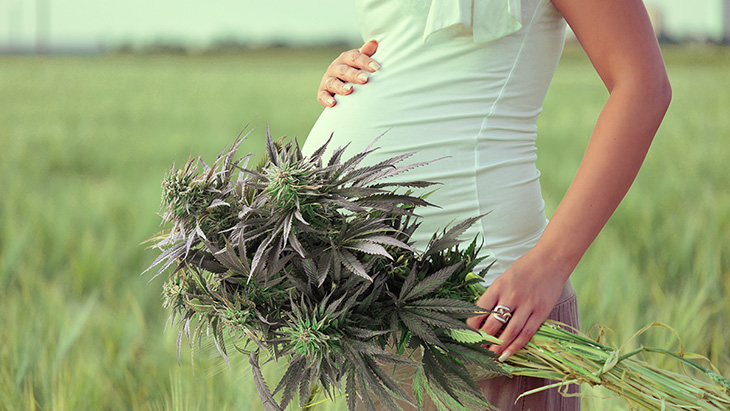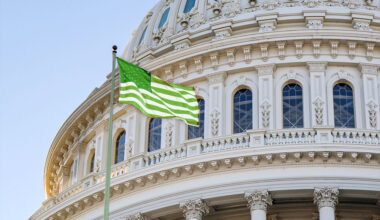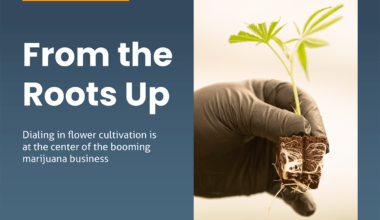
The Arizona Supreme Court has declined to hear any further challenges to an appellate court ruling which determined that child welfare officials acted inappropriately when they placed a woman on a state registry for having consumed medical cannabis while pregnant. The Court’s order, issued Thursday, removes the mother’s name from appearing on the state’s registry, which is accessible to employers performing background checks.
The Arizona Department of Child Safety initially took action against the mother, Lindsey Ridgell, in 2019 when her newborn tested positive for cannabis. Last April, justices on the Arizona Court of Appeals unanimously ruled that the prenatal exposure in this case did not constitute “neglect” because the mother was medically authorized under the law to consume cannabis products to treat symptoms of morning sickness.
The Appellate Court determined: “The evidence shows that [the plaintiff] was certified under AMMA [the Arizona Medical Marijuana Act] to use marijuana medically to treat chronic nausea. The doctor who certified [the plaintiff’s] eligibility for using medical marijuana knew that she was pregnant. Because the use of marijuana under AMMA ‘must be considered the equivalent of the use of any other medication under the direction of a physician,’ A.R.S. § 36–2813(C), the exposure of [the plaintiff’s] infant to marijuana resulted from medical treatment and did not constitute neglect under A.R.S. § 8–201(25)(c).”
Department of Child Safety officials had requested the Supreme Court reverse that opinion.
Ridgell’s attorney, Julie Gunnigle – who previously served as the Political Director for Arizona NORML, said that the decision has national implications because legislators in other states have sought to enact punitive laws against those who consume cannabis during pregnancy.
For example, members of the Alabama Senate in 2022 approved legislation requiring women of childbearing age to show proof of a negative pregnancy test before they could apply to obtain medical cannabis. The bill eventually failed in the House.
Alabama leads the nation in arresting women who use certain controlled substances, including marijuana, during pregnancy
Oklahoma regulators considered imposing a similar requirement on women seeking to obtain medical cannabis, but ultimately repealed the rule.
Data provides inconsistent results with respect to whether or not prenatal cannabis exposure is associated with adverse neonatal outcomes, such as the risk of preterm birth.
Survey data published last year by researchers affiliated with the University of California, Los Angeles reported that a majority of respondents who had consumed cannabis to treat symptoms of Hyperemesis Gravidarum (HG) perceived it to be more effective than prescription anti-emetic medicines.
Related
Medical Disclaimer:
The information provided in these blog posts is intended for general informational and educational purposes only. It is not a substitute for professional medical advice, diagnosis, or treatment. Always seek the advice of your physician or other qualified healthcare provider with any questions you may have regarding a medical condition. The use of any information provided in these blog posts is solely at your own risk. The authors and the website do not recommend or endorse any specific products, treatments, or procedures mentioned. Reliance on any information in these blog posts is solely at your own discretion.





